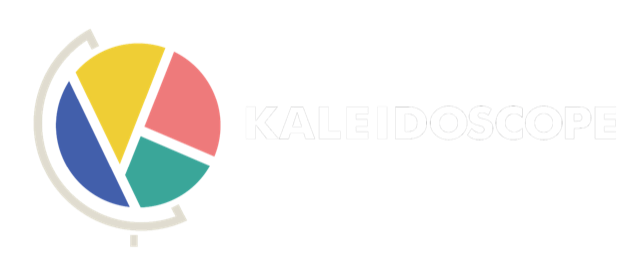What High School Math Could Be: Retargeting Ambition 🏹
By Sarah Dillard
The Path We’re On
Of the four core subjects, the ambitions of high school math are the highest but also the most misplaced: our default math sequence doesn't result in students who know how to *use math.*
If we taught cooking like we taught math, we'd spend all our time teaching students about increasingly esoteric tools--kiwi peelers, cherry pitters, & egg slicers--but never actually have them cook a meal. Math today is a drawer crammed full of tools that most will never use.
The current math sequence runs from algebra to calculus and emphasizes theoretical longhand problem-solving where there is one right answer. Instead of creating mathematical rigor, this system churns out students who are rarely able to identify where they can and should use math, let alone equipped to actually apply mathematical knowledge outside the context of a pre-framed problem.
What’s Missing: Problem-Solving Math
The most useful math I've learned is the math I learned as a management consultant: how to take a complex problem, break it into estimable parts, create or find data, clean it up, build a model, run scenarios, and come to a judgment. I use some version of this problem-solving math most days.
Problem-solving math is the math of a good life: it helps you make better decisions for yourself, your family, and your organizations. Whether deciding to invest in yourself, to rent vs. buy, or to start a new business, this math can illuminate tradeoffs and highlight key risks.
Problem-solving math is also highly compensated math. When we say that learning math can lead to high-paying careers, we miss out on how many more high-paying careers it could lead to if high school students had the opportunity to learn problem-solving alongside professional-grade tools like:
A spreadsheet tool
A statistical package
A database tool
A visualization tool
Maybe this all sounds too vocational and basic and not theoretical or rigorous enough. On the former, I'd conjecture that learning practical math may actually create more demand for theoretical math than our current courses do. On the latter, I'd argue that there is no reason a problem-solving track can't be just as rigorous as the calculus track. Not only is the thinking required to deploy math rigorous, once students have the basics, you can run increasingly sophisticated math through problem-solving. This can include surveying, experiments, probability, statistics, simulations, and game theory.
Statistics Isn’t Enough
The most commonly suggested fix for high school math is to add statistics. But this is not enough.
While statistics is the high watermark for utility in today’s high school math sequence, it is still not ambitious enough about teaching students how to use math.
In a typical statistics class, for example, students calculate statistics on the results of surveys and experiments handed to them, but they never learn how to create or conduct surveys and experiments themselves.
Like learning to engage in historical inquiry, learning to construct surveys and experiments gives you the ability to ask and answer questions, and therefore a perch from which to join the conversation. It doesn’t matter whether you’re 16 or 60, an insider or an outsider, if you bring the data, you get a seat at the table. So teaching a more practical math gives students a form of agency.
To zoom out, adding a statistics class to the end of a broken sequence hardly fixes the sequence it rests on. We’ve got to dig deeper and reorient our ambition toward more useful math.
Conclusion
Computers are much better than humans at performing math calculations. And humans are much better than computers at navigating ambiguity.
Yet high schools teach students as if they are computers rather than cultivating students’ ability to use math to bring organization and clarity to the messiness of real-world problems.
Not only does this approach not add up, it creates inequality. I had to graduate at the top of a top college and work at a top consulting firm to get access to this math. And I’m not a unique case: people who attend fancy schools & work at fancy firms eventually get access to the math that matters. But most people do not; instead, in high school, we take up their time with math they'll never use again.
This is not a case to abolish calculus or make high school math any less rigorous. It is a case to vector that rigor in a direction that will enable more students to do well and do good.
Helpful Links:
Our workshops, including on surveying and analyzing data

